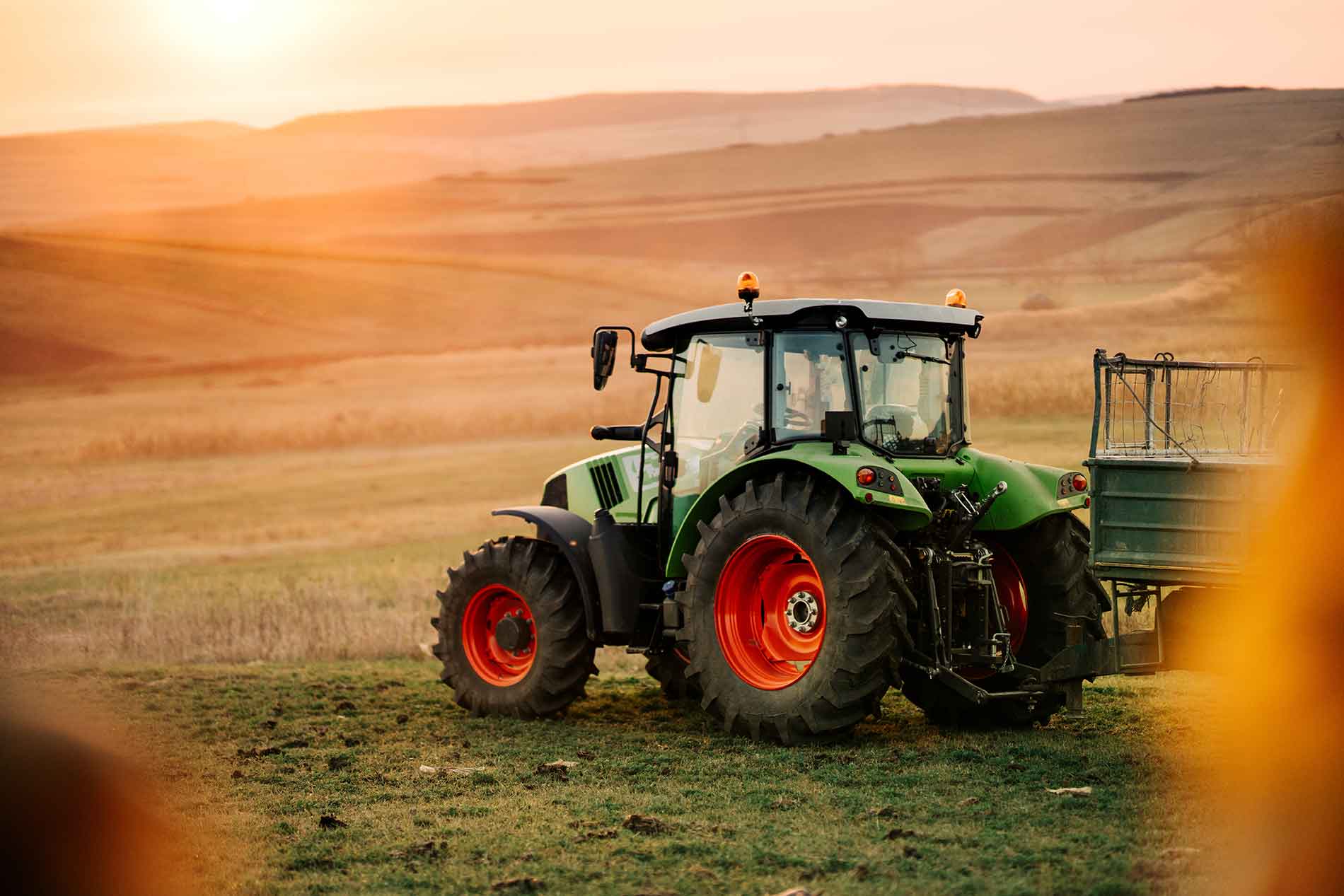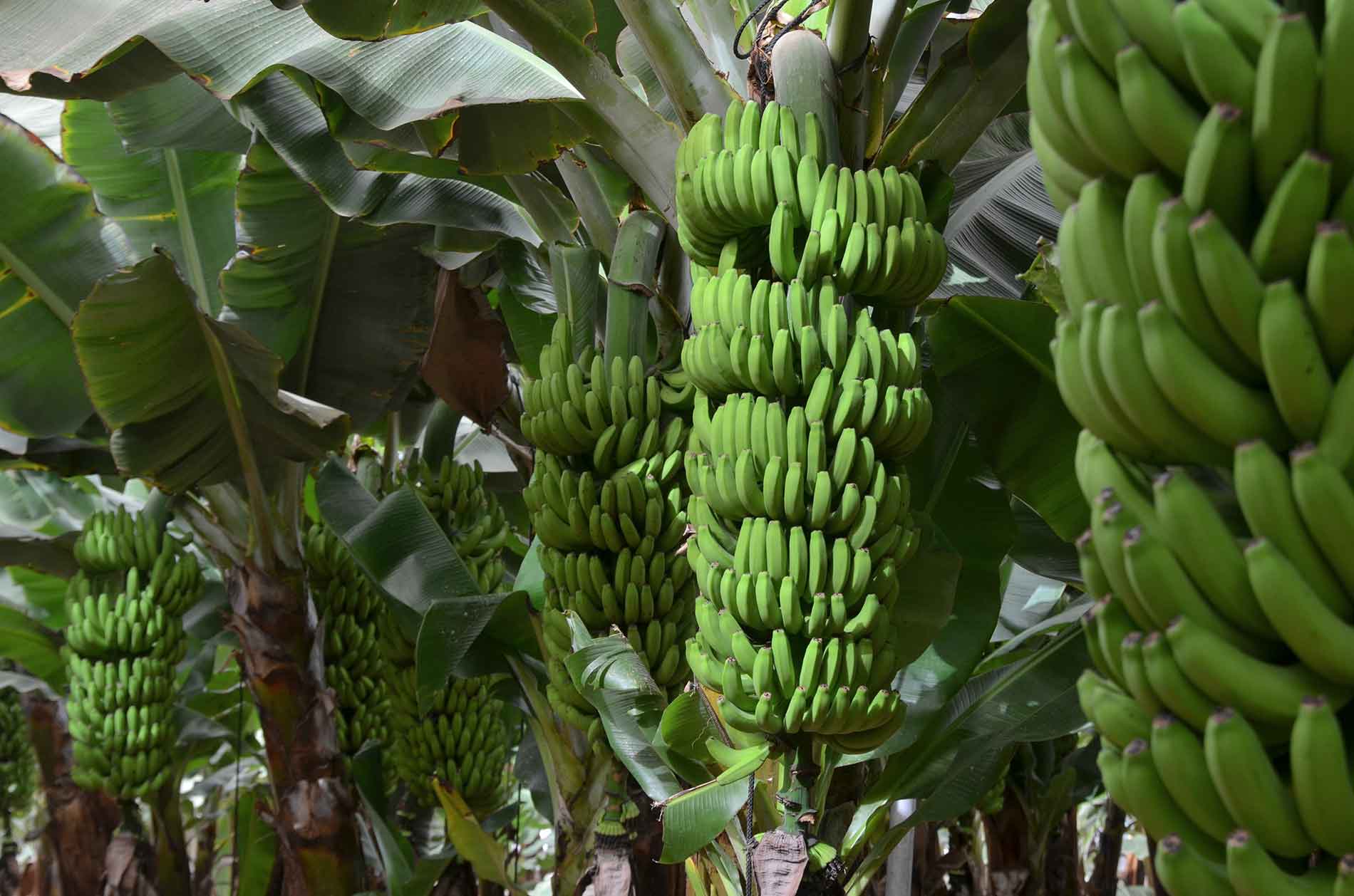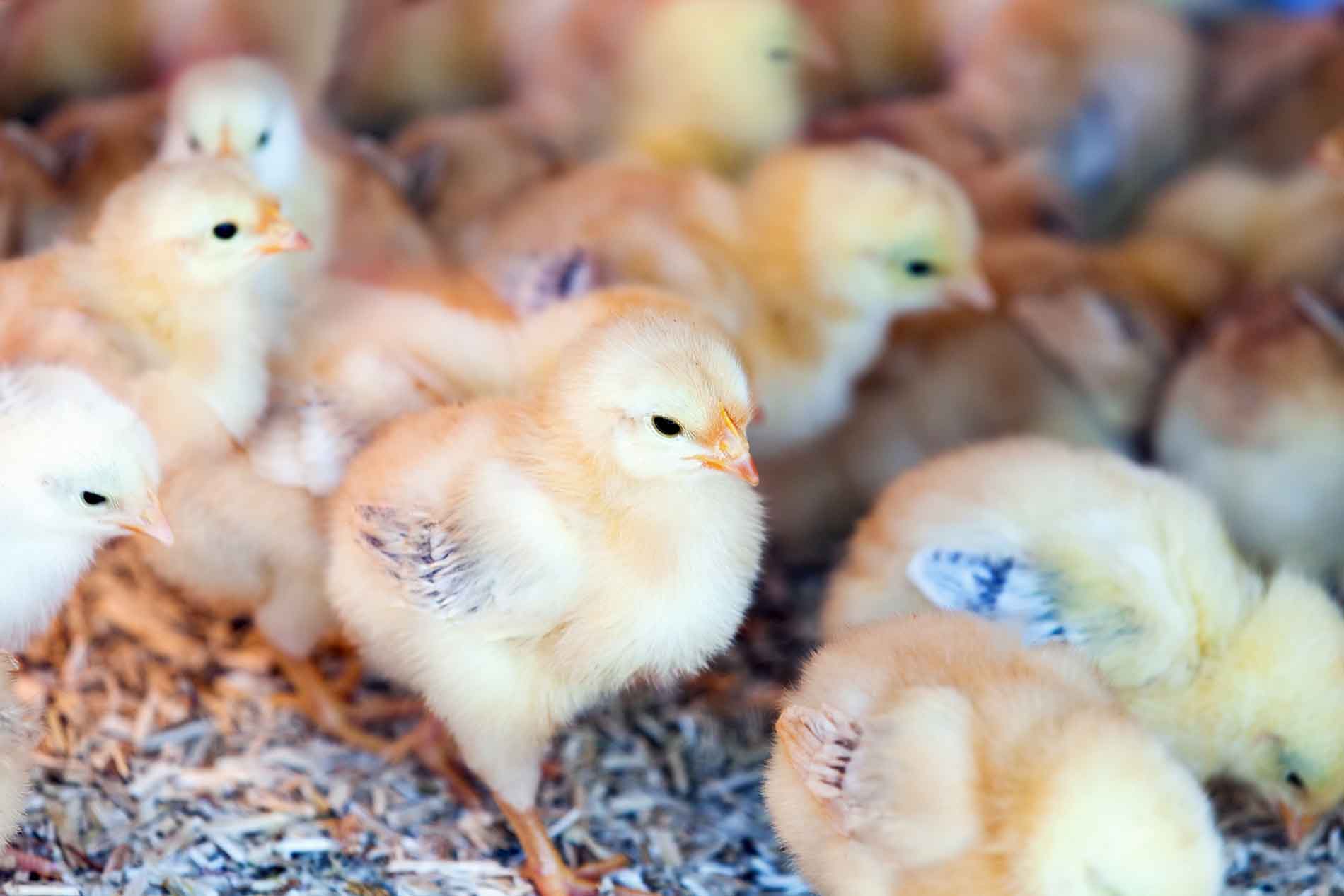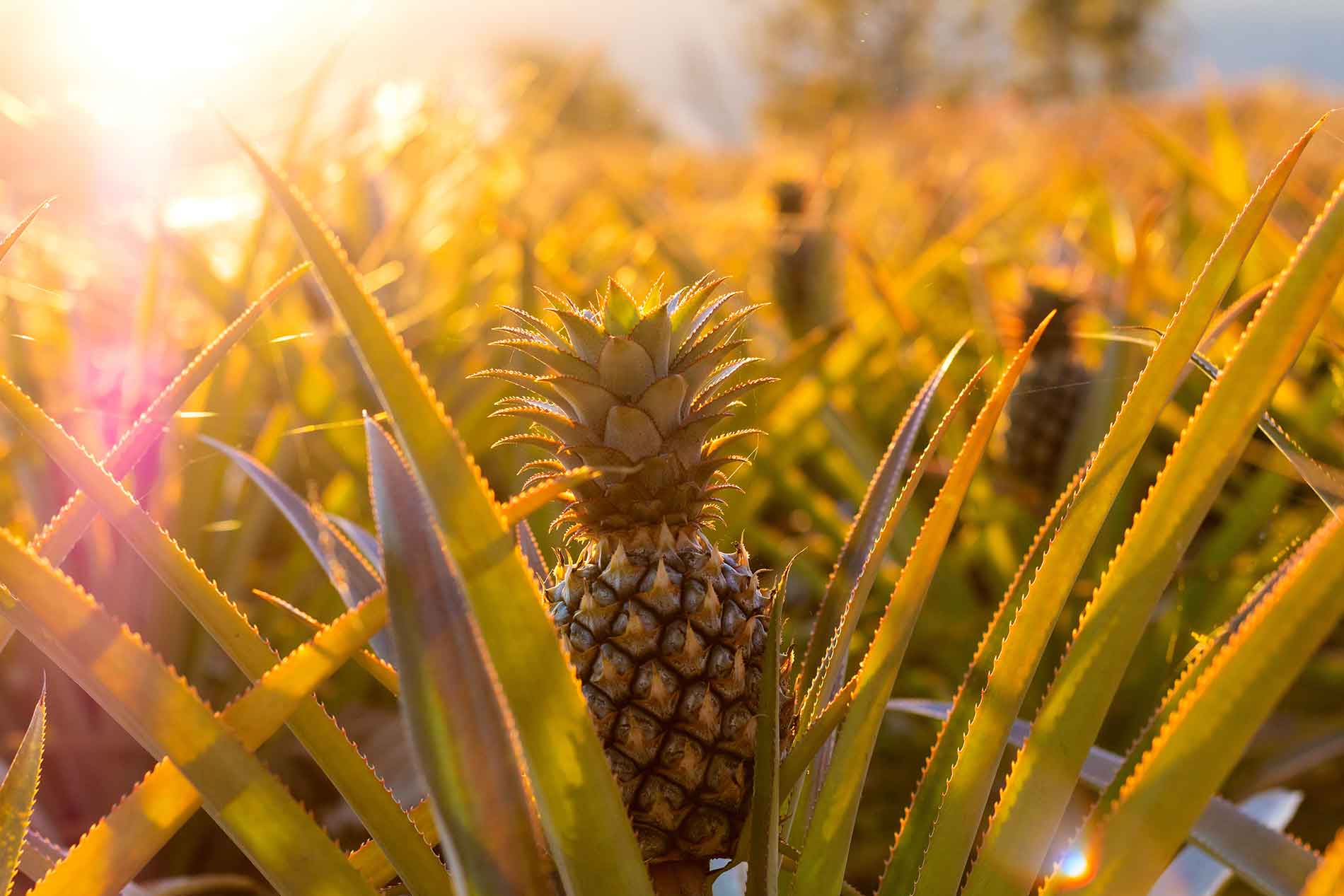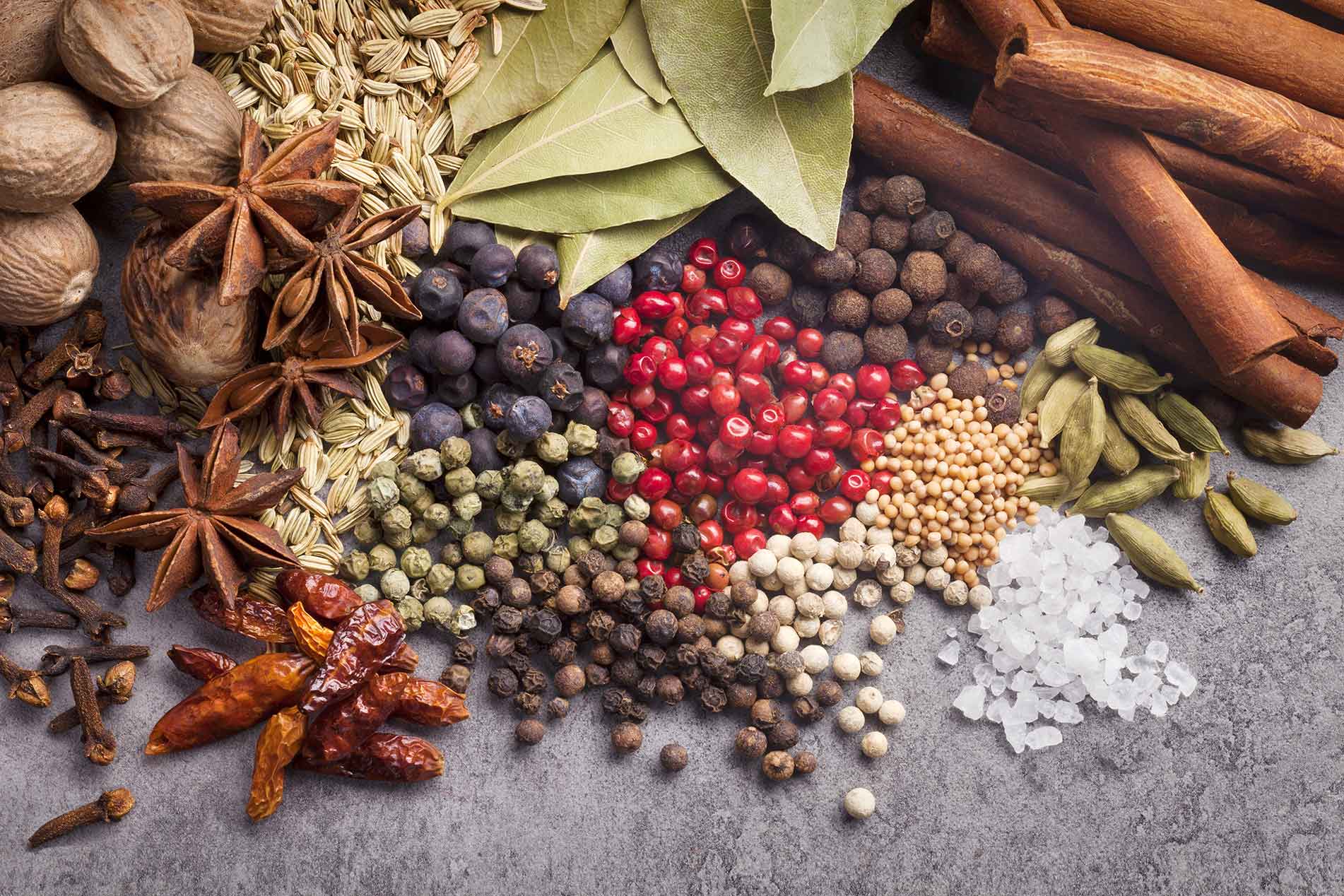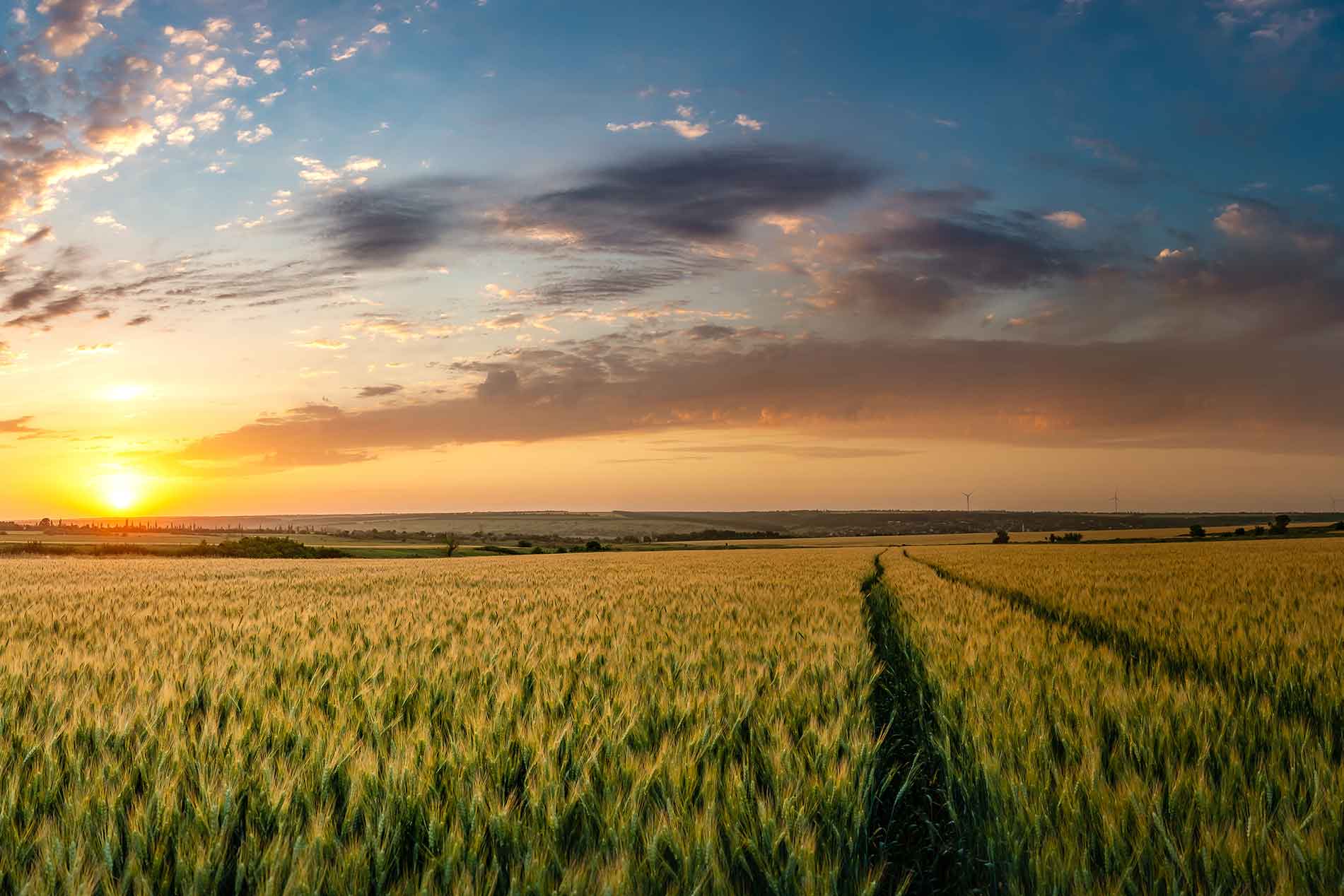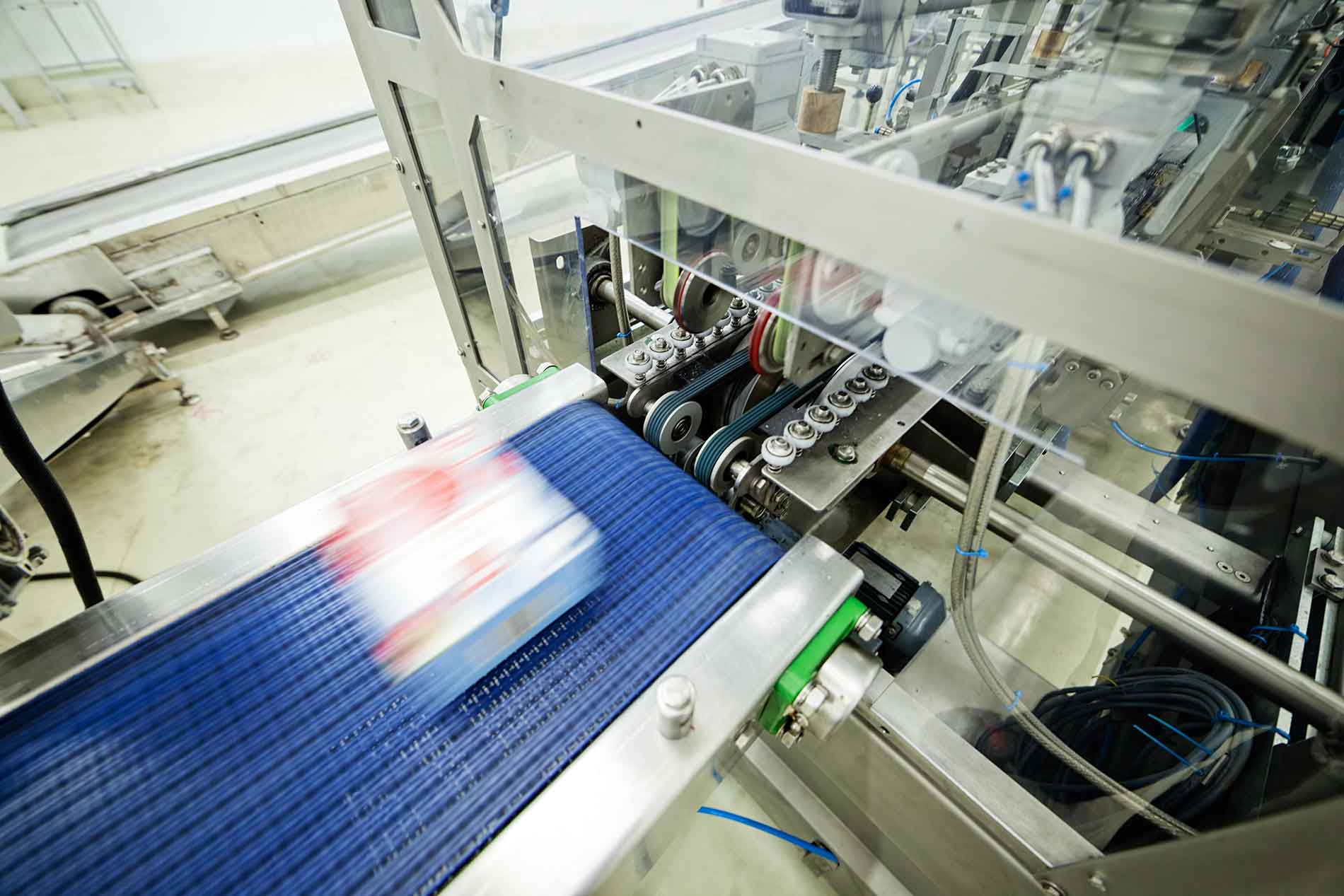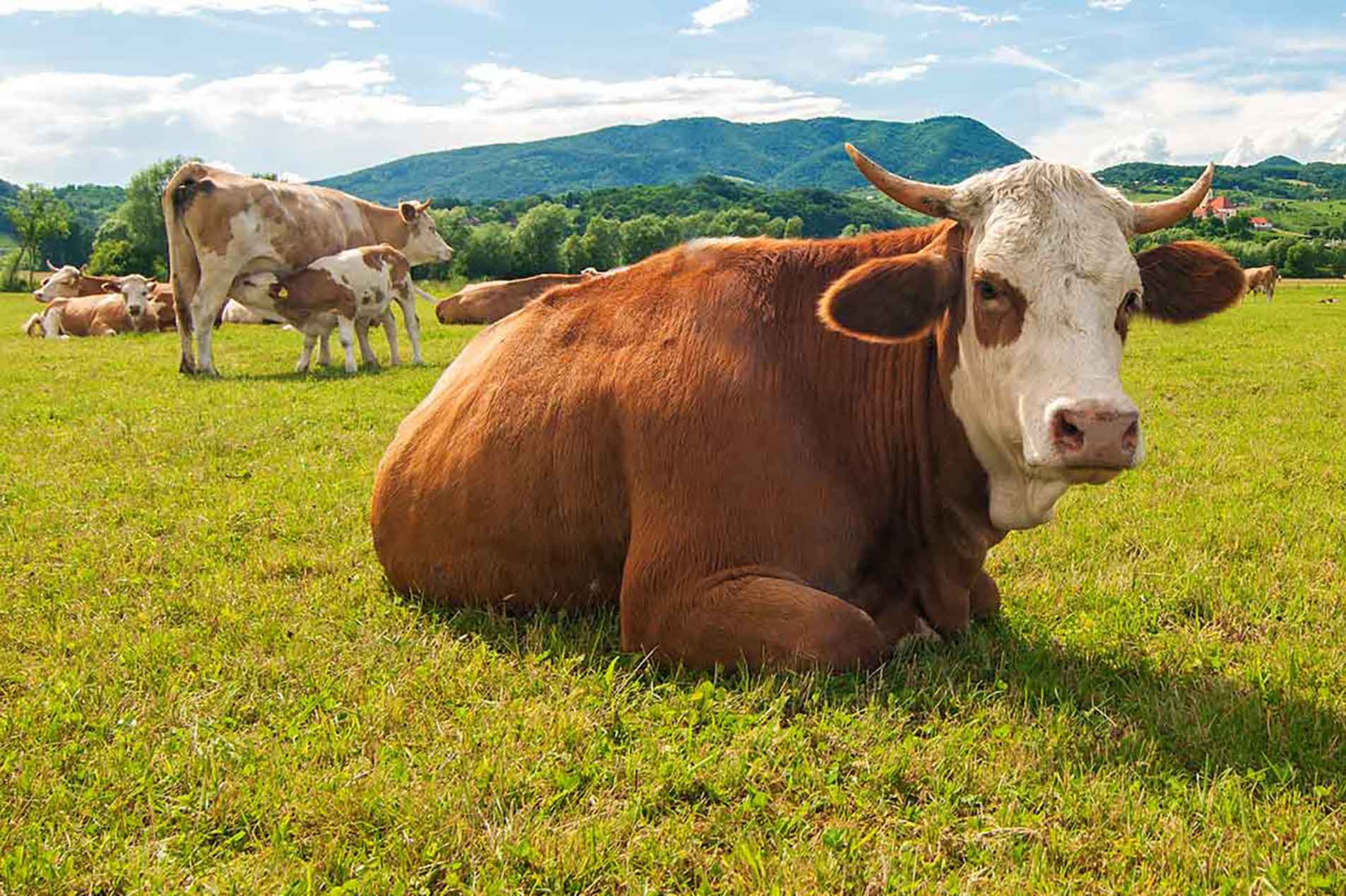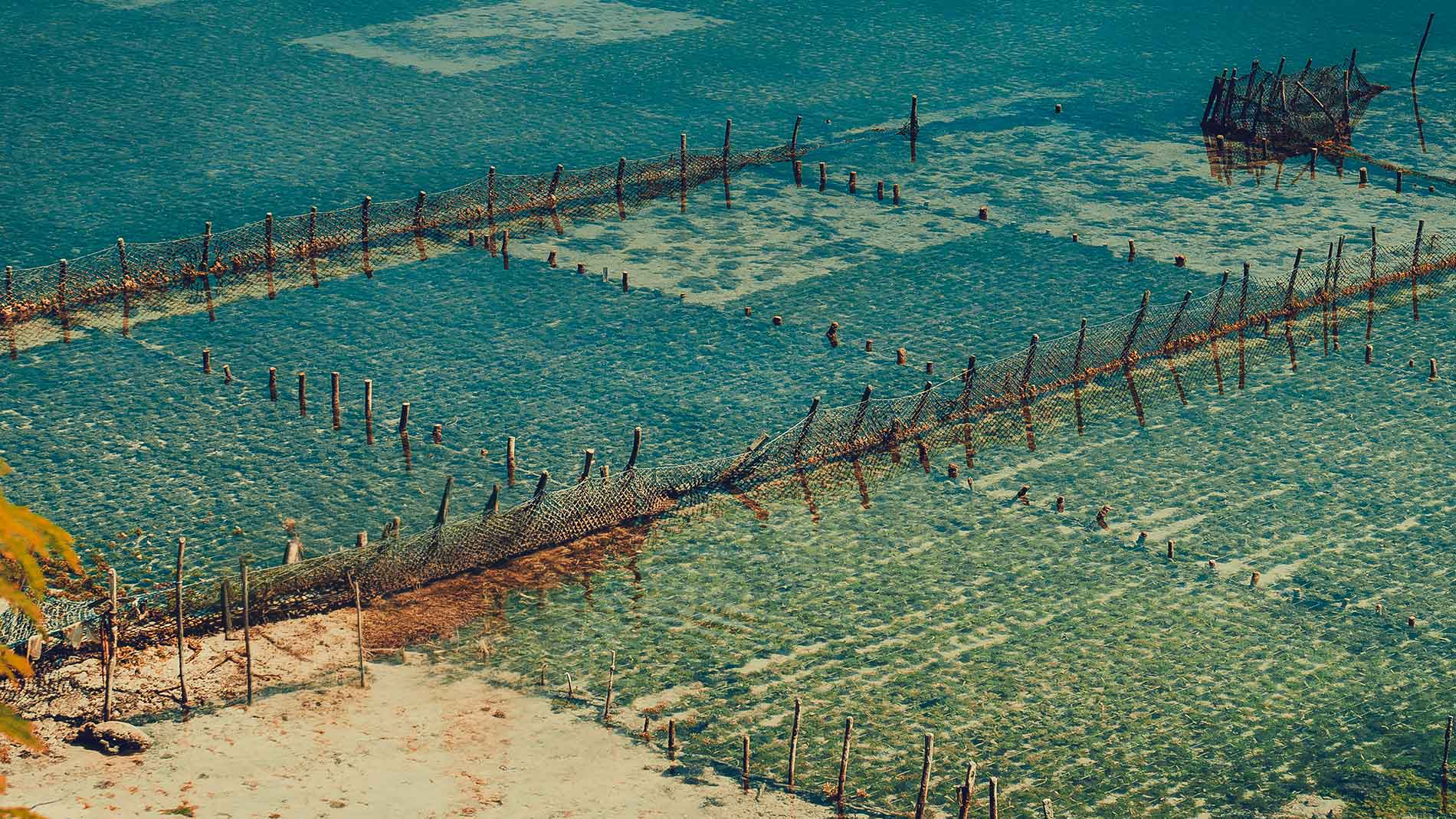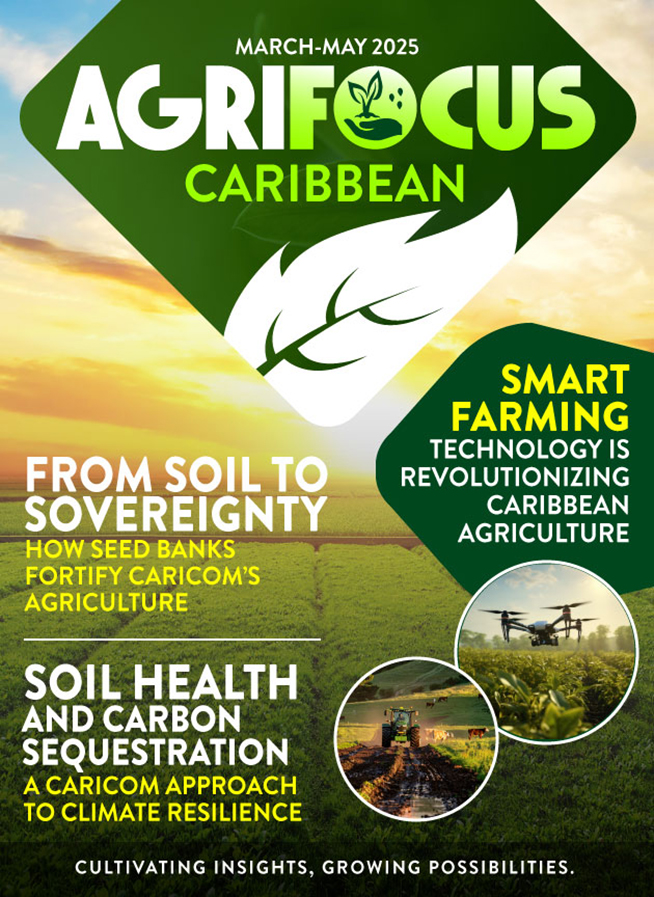How High-Tech Equipment is Transforming Farming
Agriculture has long been a cornerstone of Caribbean economies, providing employment, sustaining rural communities, and contributing to food security. However, traditional farming practices face increasing challenges, including climate change, soil degradation, and labor shortages. To address these issues, Caribbean nations are turning to high-tech solutions, incorporating precision agriculture, hydroponics, drones, and AI-powered systems to revolutionize food production. But is the investment in these technologies worth it? Which countries are leading the way? Let’s explore how the Caribbean is harnessing innovation to transform its agricultural sector.
The Digital Revolution in Caribbean Farming
Across the Caribbean, farmers are integrating smart technologies to optimize their operations. These digital tools not only enhance efficiency but also mitigate the risks posed by climate-related disruptions.
One of the most promising innovations is precision agriculture, which involves the use of GPS-guided tractors, drones, and data analytics to manage crops with pinpoint accuracy. This method reduces waste, lowers production costs, and improves yields. For example, AI-powered sensors help farmers monitor soil moisture and nutrient levels, ensuring that crops receive optimal care without excessive water or fertilizer use. These systems are already making a difference in places like Jamaica and Trinidad & Tobago, where large-scale farms are adopting precision farming tools to maximize efficiency.
Another game-changer is automated irrigation systems, which significantly reduce water consumption in drought-prone regions. With unpredictable rainfall patterns in many Caribbean islands, these technologies ensure that crops receive adequate hydration while conserving water resources.
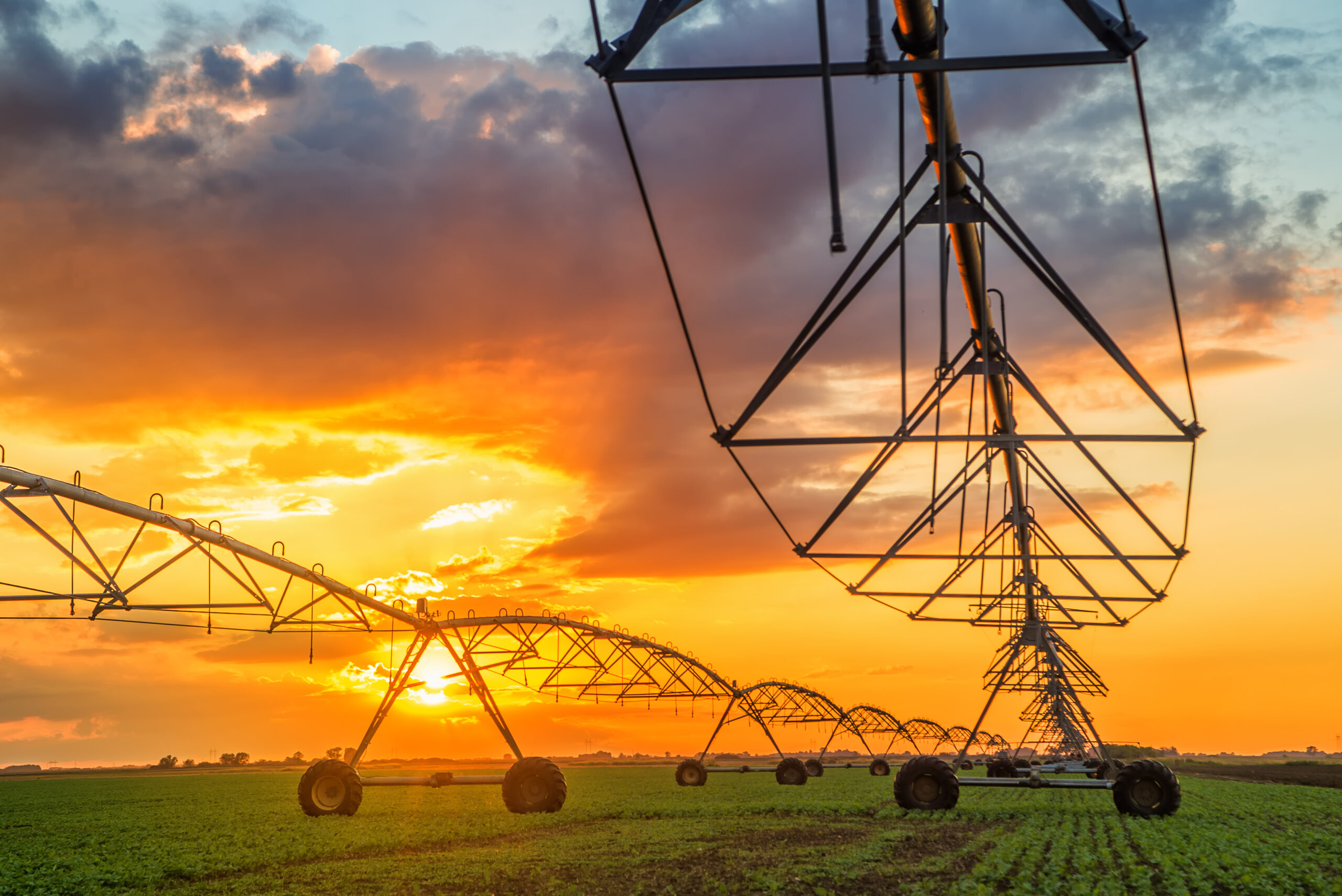
Hydroponics and Aquaponics: Growing Without Soil
In a region where land is often limited and soil quality varies, hydroponics and aquaponics offer innovative alternatives to traditional farming. These soilless farming methods allow crops to grow in nutrient-rich water solutions, making them ideal for urban areas and small island nations with scarce agricultural land.
Barbados, for instance, has embraced hydroponic farming on a commercial scale, producing high-value crops such as lettuce, herbs, and strawberries. These techniques use 90% less water than traditional farming and enable year-round production, making them crucial in mitigating food shortages caused by extreme weather.
Aquaponics—a combination of aquaculture (fish farming) and hydroponics—has also gained traction. In this system, fish waste provides natural nutrients for plants, creating a self-sustaining cycle. Farmers in the Bahamas and the Cayman Islands are adopting this method to produce fresh vegetables alongside tilapia and other fish, reducing their dependence on imported food.
Drones and AI: The Eyes and Brains of Modern Farming
Drones are becoming a staple in Caribbean agriculture, assisting farmers in crop monitoring, pest control, and land surveying. These unmanned aerial vehicles provide real-time imagery, allowing farmers to detect diseases early, assess plant health, and optimize fertilizer application.
AI-driven analytics further enhance this capability. In Jamaica, a pilot project has introduced AI-based software that analyzes drone-collected data to predict pest infestations before they become critical. This reduces the reliance on chemical pesticides and promotes sustainable farming.
Case Studies: Caribbean Nations Leading the Agricultural Tech Movement
While many Caribbean countries are beginning to embrace high-tech agriculture, a few stand out as pioneers.
- Jamaica: The government has invested in Smart Farm technology, equipping farmers with mobile apps that provide real-time weather data, soil analysis, and market insights. The country has also implemented Smart Traps to control pests more effectively without excessive pesticide use.
- Barbados: Known for its commitment to climate-smart agriculture, Barbados has rolled out large-scale hydroponic systems, helping local farmers increase production despite limited arable land.
- Trinidad & Tobago: The twin-island nation is leveraging AI-driven crop management systems, using machine learning to predict disease outbreaks and automate irrigation schedules.
- Guyana: With vast agricultural lands, Guyana is piloting GPS-guided tractors and drone-based surveillanceto optimize its large-scale rice and sugarcane industries.
Is High-Tech Farming Worth the Investment?
Despite the undeniable benefits, the transition to high-tech farming comes with challenges, primarily cost and accessibility. Many of these technologies require significant initial investment, which can be a barrier for small-scale farmers. The average price of a commercial agricultural drone ranges from $2,000 to $10,000, while AI-based monitoring systems can cost tens of thousands of dollars. However, many governments and international organizations are offering subsidies and grants to encourage adoption.
The long-term benefits often outweigh the initial costs. Higher yields, reduced input costs, and improved resilience to climate change make high-tech farming a strategic investment for Caribbean nations. Countries that invest in agricultural technology today are more likely to achieve food security and sustainability in the future.
The Future of Caribbean Agriculture
The future of farming in the Caribbean is undeniably digital. As climate change threatens traditional farming methods, embracing high-tech solutions will be critical to sustaining food production in the region. From precision agriculture to hydroponics, AI, and drones, these innovations are reshaping the industry, offering a path toward more efficient, resilient, and profitable farming.
While challenges such as affordability and technological literacy must be addressed, the momentum is clear—the Caribbean is on the cusp of an agricultural revolution. By embracing these technologies, farmers can secure not only their livelihoods but also the region’s food future.

